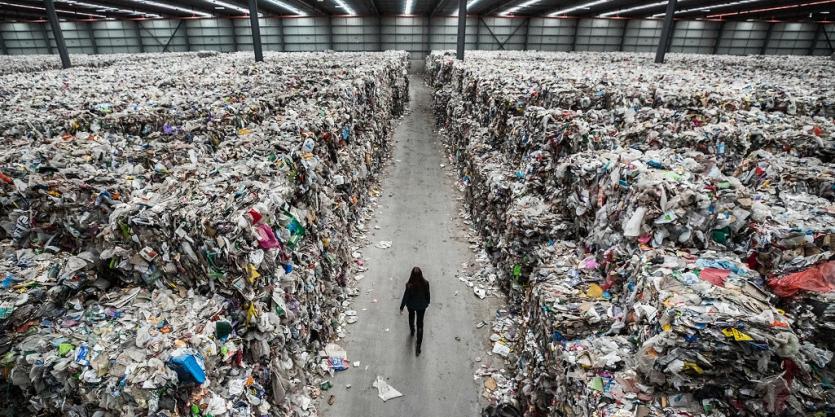Photo:Getty
Europe’s actions against plastic pollution may see delays due to economic setbacks
By Patryk Krych | The World Daily | AUGUST 7th 2020
The European Union had taken a firmer stance against plastic pollution in the months leading up to the unforeseen coronavirus pandemic, but now, with the economic impacts brought on by the subsequent lockdown, some have doubts about whether the EU’s goals will still be achievable so soon.
Micronipol is a Portuguese-based plastic recycling company, primarily working in recycling the material most often used in the making of plastic bags and bottles, polyethylene. However, the future of the company is uncertain, due to the 40% drop in revenue that had occurred since the beginning of the pandemic threat and the initiation of lockdown.
The lockdown has affected the finances of everybody across the globe, forcing many to put their own familial and financial needs over the needs of the environment. Oftentimes, this means scrapping recycling goals, for a period of time. As such, non-recyclable plastics made from hydrocarbons have seen a rise in purchase, due to their cheaper prices, while the recycled/recyclable products end up piling up in overstocked amounts at the Micronipol warehouses.
“If we are no longer competitive and if we lose cash we have two options: either someone has to subsidise us so we can keep working or we have to shut down,” said Carlos Bento, an administrator for Micronipol.
These cheaper, non-recyclable plastics -or virgin plastics- have become even cheaper yet, since the beginning of the global lockdowns. This is partially due to the demands for oil dropping to historical lows, bringing many other prices down along with it.
European plastic recycling companies may find themselves in some measure of danger even after the lockdowns are over and the pandemic threat is behind us, due to these lowered prices, as well as possible changes in habit from the general public.
“Without well-functioning and profitable plastics recycling there is no alternative, no environmentally sound option for plastic waste management,” said Antonino Furfari, the managing director of the Industry group ‘Plastic Recyclers Europe’ (PRE). “This waste will be incinerated or dumped.”






